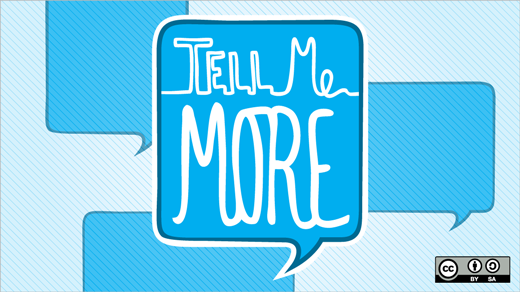Previously, I wrote about keeping your code relevant when making a contribution to an open source project. Now, you finally click Create pull request. You're elated, you're done.
At first, I didn’t even care whether my code would get merged or not. I had done my part. I knew I could do it. The future lit up with the many future pull requests that I would make to open source projects.
But of course, I did want my code to become a part of my chosen project, and soon I found myself googling, "How long does it take for an open source pull request to get merged?" The results weren’t especially conclusive. Due to the nature of open source (the fact that anyone can participate in it), processes for maintaining projects vary widely. But I found a tweet somewhere that confidently said: "If you don’t hear back in two months, you should reach out to the maintainers."
Well, two months came and went, and I heard nothing. I also did not reach out to the maintainers, since talking to people and asking them to critique your work is scary. But I wasn’t overly concerned. I told myself that two months was probably an average, so I put it in the back of my mind.
At four months, there was still no response. I opted for the passive approach again. I decided not to try to get in touch with the maintainers, but my reasoning this time was more negative. I started to wonder if some of my earlier assumptions about how actively maintained the project was were wrong—maybe no one was keeping up with incoming pull requests. Or maybe they didn’t look at pull requests from random people. I put the issue in the back of my mind again, this time with less hope of ever seeing a result.
I had nearly given up hope entirely and forgotten about the whole thing when, six months after I made my original pull request, I finally heard back. After making a few small changes that they requested, my code was approved and merged. My fifth mistake was giving up on my contribution when I did not hear back and failing to be communicative about my work.
Don’t be afraid to communicate about your pull request. Doing so could mean something as simple as adding a comment to your issue that says, “Hey, I’m working on this!" And don’t give up hope just because you don’t get a response for a while. The amount of time that it takes will vary based on who is maintaining the project and how much time they have to devote to maintaining it.
This story has a happy ending. My code was merged. I hope that by sharing some parts of the experience that tripped me up on my first open source journey, I can smooth the path for some of you who want to explore open source for the first time.







1 Comment